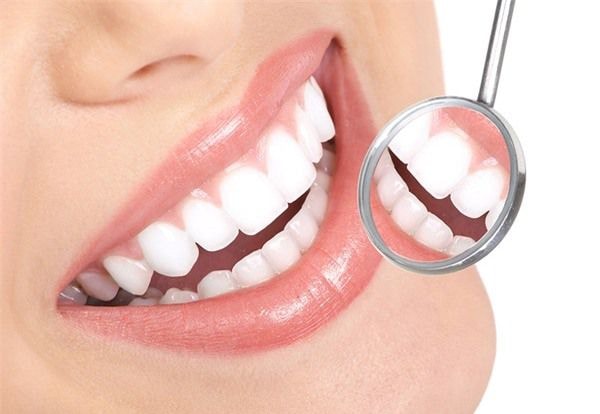Causes of oral cancer you don't expect
You would never think that oral cancer is linked to sexually transmitted diseases. In fact, it can.
Some risk factors for oral cancer are often smoking, chewing tobacco... But in the past few years, scientists have studied and found that 72% of cases of oral and pharyngeal cancer are caused by risk factors caused by sexually transmitted infections, usually caused by human papillomavirus (HPV). According to the conclusion of Johns Hopkins Medical Hospital, about 20 million people in the US are infected with genital HPV in the mouth.
The Oral Cancer Organization has identified oral cancers including mouth cancer, tongue cancer, tonsil cancer and throat cancer... as being related to HPV.
According to the organization, about 115 new cases of oral cancer are diagnosed every day in the US. The disease can be cured 80-90% if detected early. The 5-year survival rate for late-stage oral cancer is only 43%.
 |
| Oral cancer may be linked to sexually transmitted diseases. Illustration photo |
Keith Arbeitman, a dentist in Manhattan, says there's a misconception that many people have: If you don't smoke, drink heavily, or chew tobacco, your risk of oral cancer is very low.
In fact, HPV infection from sexually transmitted diseases is also one of the causes of oral cancer. The risk of HPV-related oral cancer in men is 6 times higher than in women, and the age of susceptibility to the disease is decreasing.
Having a dental check-up every 6 months is an important first step in starting oral cancer screening. If you are not familiar with the signs of oral cancer, you can ask your dentist for further advice.
Just like any cancer, you need to pay attention to any unusual signs in the mouth area, from around the lips, on the face to inside the mouth... If there is an unusual change in color or a scratch that takes a long time to heal, hoarseness... then you need to see a doctor immediately because it could be a warning sign of a tumor in the neck or under the jaw.
When oral cancer is detected, it is often at an advanced stage and difficult to treat, with a lower cure rate.
According to Alobacsi.vn






